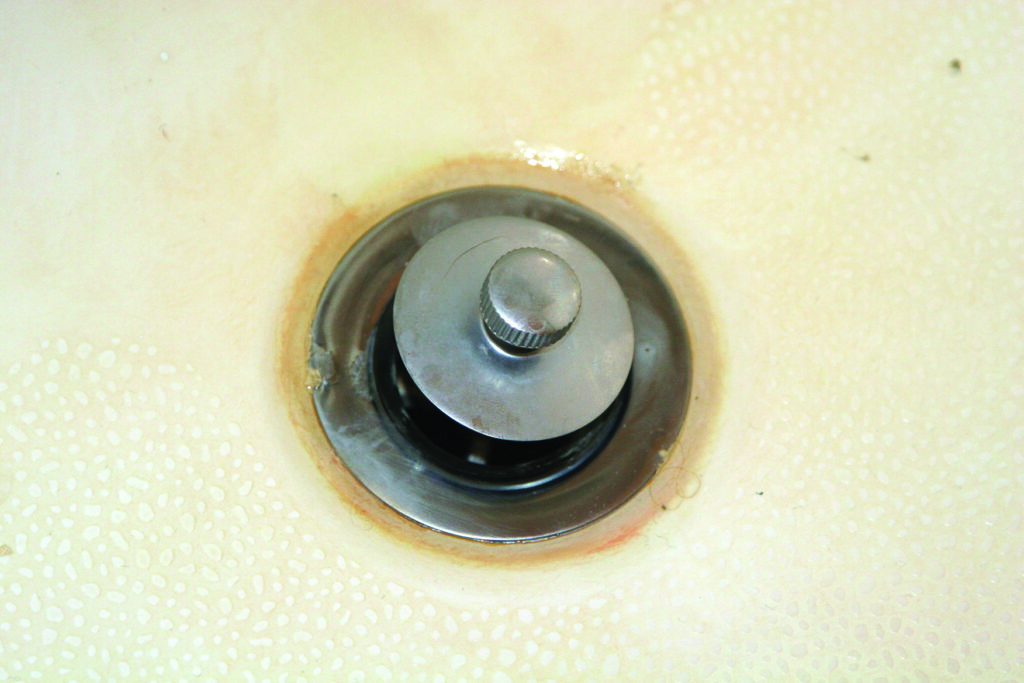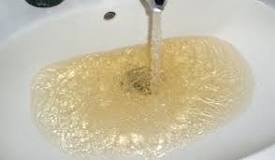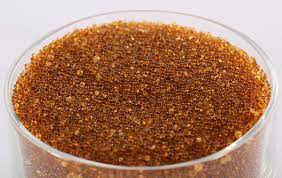What Tannins Do in Water

They are created as water passes through peaty soil and decaying vegetation; like trees that were cut down but haven’t been cleared away yet. This causes the water to have a faint yellow to red color, and can cause yellow staining on fabrics, fixtures, and laundry. Tannin may give an unpleasant aftertaste to water. It may also cause water to have a musty or earthy odor.

Are Tannins Safe?
While water affected by tannins does not pose any health or safety risk when consumed or used in the home, it can create some unique problems. Besides the unappealing color, affected water can have a plant-like, musty odor to it and will have an unpleasantly tangy aftertaste when consumed.
This is why it’s important to test your water, so you know what’s in your water, it like Tannins.
Fun Fact
Tannins are naturally occurring phenolic compounds found in many kinds of plants, including a grape’s skins, stems, and seeds. Tannins help provide texture, balance, and structure to wine.
Luckly we are able to remove this organic substance by changing some on the softeners resin. This will remove the Tannins and clean up the yellow staining!
Tannins Misdiagnosed
Tannins are commonly mistaken as Iron or Rust because they can have the same appearance.
.
Tannins do not pose any serious threat to your health as other natural contaminants like manganese or iron. Because of this, the EPA and other government agencies do not enforce recommendations on tannins in municipal water supplies.

Resin
Water softener resin is the material that is necessary for the ion exchange process, which removes hard water minerals from your water.

